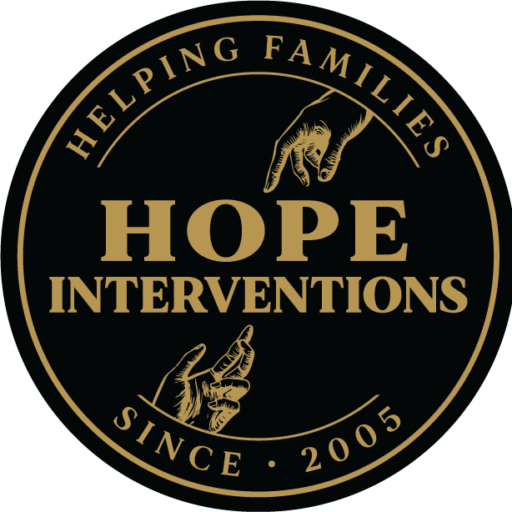When a loved one struggles with addiction, families often feel stuck between fear, frustration, and helplessness. While their instinct may be to talk, plead, or even argue, these attempts can sometimes backfire and push the person further away. This is why many families turn to an addiction intervention specialist. With professional training and compassion, interventionists help families create a safe and structured path toward recovery.
The Role of an Addiction Intervention Specialist
An addiction intervention specialist is a trained professional who guides families through the difficult process of confronting a loved one’s substance use. Their role is not about blame or confrontation—it’s about communication, safety, and creating a clear opportunity for treatment.
Specialists:
- Prepare families to communicate effectively.
- Facilitate the intervention meeting in a calm, structured way.
- Ensure the focus remains on love and support.
- Provide treatment referrals and ongoing guidance.
Why Families Seek Professional Help
1. Interventions Are Emotional
Trying to hold an intervention without professional help can quickly turn into arguments or emotional breakdowns. Specialists bring structure and neutrality, helping families stay focused on hope instead of conflict.
2. Addiction Is Complex
Addiction involves brain chemistry, denial, and fear. Families often lack the training to navigate these challenges. Interventionists understand these dynamics and know how to reach someone who may be resistant to help.
3. Families Need Guidance Too
An intervention isn’t just for the person struggling—it’s also for the family. Specialists teach loved ones how to set healthy boundaries, stop enabling behaviors, and support recovery in constructive ways.
4. Higher Chance of Success
Statistics show that interventions led by professionals have a higher rate of leading individuals into treatment compared to family-only attempts. Families turn to specialists because they want to give their loved one the best possible chance at saying “yes” to help.
5. Safety Concerns
In some cases, emotions may run high or safety could become an issue. Interventionists are trained to de-escalate situations and protect everyone involved.
What Families Can Expect from an Intervention Specialist
- Initial Consultation: Assessing the situation, history, and family needs.
- Preparation: Coaching family members on what to say (and what not to say).
- The Intervention Meeting: A structured, supportive gathering led by the interventionist.
- Immediate Transition to Treatment: Guidance in connecting the loved one with rehab or other care.
- Aftercare Support: Helping families continue healthy communication and boundaries after treatment begins.
The Benefits of Turning to a Specialist
- Reduces family conflict during interventions.
- Provides expert knowledge of addiction and recovery options.
- Increases the likelihood of treatment acceptance.
- Supports long-term family healing, not just short-term change.
- Brings peace of mind to families during a crisis.
Conclusion
Addiction impacts entire families, not just individuals. Turning to an addiction intervention specialist offers families the support, guidance, and expertise they need to take meaningful action. With compassion and structure, specialists transform a moment of desperation into a chance for recovery and healing.
If your family is struggling, you don’t have to do it alone. At Hope Interventions, we’re here to guide you every step of the way.

